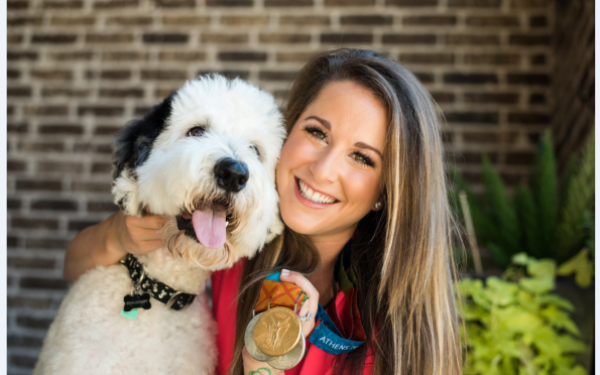
Pet care brands have a significant opportunity to increase
sales by focusing on Millennials, the primary pet-owning demographic, according to Zulily.
Thirty-five percent of pets are owned by Millennials, who have a projected income of $3.39
trillion this year. Three-fourths of Americans in their 30s own a dog and over half own a cat, compared to 50% of the overall population with dogs, and 35% with cats. For Millennials, a dog or cat
isn’t just a pet, it’s a starter child. Eighty-two percent of Millennials are far more likely to feel that getting a pet is part of preparing to have a family.
With the pet
industry at an estimated $69.36 billion, retailers need to think smart about how to approach this shopper. Looking at shoppers as a whole, 42% of their spend was on pet food in 2016 and a whopping
$14.71 billion was spent on items such as beds, collars, leashes, toys, travel items, clothing, food and water bowls, and other accessories, up 3% from 2015.
advertisement
advertisement
With pet category sales increasing
by 33% in 2017, Zulily has found its own success reaching Millennial pet owners by carrying a mix of practical pet items like leashes and potty pads, along with and fun, quirky items.
Through its expansion, Zulily has uncovered how Millennial pet owners shop for their pets, what they are purchasing and how their relationship with their pet is impacting every aspect of their
lives. According to Zulily’s “The Millennialization of the Pet Industry – Retail’s Opportunity to Reach the Pet-Obsessed Report,” 92%of Millennial pet owners
purchase gifts for their pets, such as toys, clothing and treats, with more than half (51%) purchasing a gift for their pet at least once a month.
The demographic group is proud to be
“pet parents” with 82% of Millennial pet owners purchasing dog- or cat-themed merchandiseto advertise their love of their pets.
“This year, we expect wearable
pet apparel and accessories will continue to grow in popularity,” said Kerry Gibson-Morris, vice president of merchandising at Zulily. “Pet-pouch hoodies — a sweatshirt with a pouch
to carry your furry friends — are constantly selling out on our site, and we anticipate Millennials to be equally excited about FurryFido, a sling specifically made for you to easily carry your
four-legged friends.”
Millennial pet owners are so attached to their pets that 71% would take a pay cut if it meant they could bring their pet(s) to work every day, with 1 in 5 (21%)
opting to take a pay cut of 20% or more.
Not surprising given their comfort with technology, 77% of Millennial pet owners prefer to buy certain items online rather than at a brick-and-mortar
retailer. Gone are the days of looking to a big national pet chain for all the pet must-haves. Millennials do not feel like a trip to the pet store provides enough additional education. Brick and
mortar offers little incentive, as nearly two in three (63%) Millennial pet owners believe they know more about cats and/or dogs than pet store employees do.
Last year, Millennials, who make
up a quarter of the U.S. population, contributed $514 billion to the housing market and were the largest group of U.S. homebuyers. But it’s not marriage or kids driving these home purchases;
it’s dogs. A third of Millennials who purchased their first home cited they were influenced by needing more space for their dog. For those who haven’t purchased a home, 42% admit their
dog, or the desire to have one, would be a key factor in buying one.
Even when out running errands and away from their pets, Millennials experience separation anxiety. The vast majority (84%)
frequently worry about their pets when they are apart for short stints. The Zulily survey revealed that Millennial pet owners would find it more stressful to be separated for a week from their pet
(65%) than from their cell phone.
The survey was conducted by Wakefield Research among 500 nationally representative U.S. Millennial pet owners, between Jan. 22 and Jan. 25, using an
email invitation and an online survey. For the interviews conducted in this particular study, the chances are 95 in 100 that a survey result does not vary, plus or minus, by more than 4.4 percentage
points from the result that would be obtained if interviews had been conducted with all persons in the universe represented by the sample.